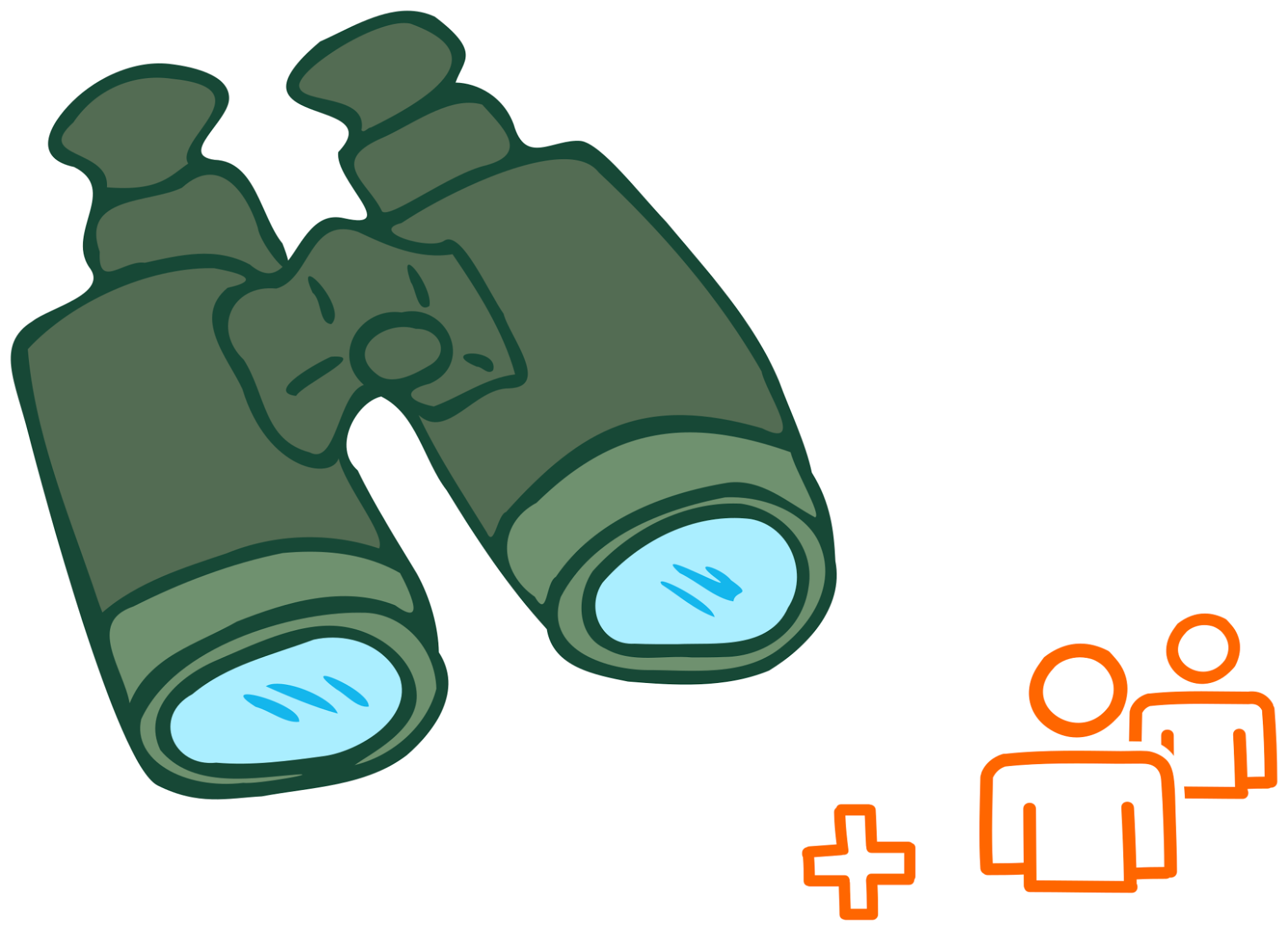
Often, attempting to do everything alone results in a sub-par end result. Individual passion and dedication lead to a fantastic skill-set, however it’s rare that any of us can do everything well. Working as a part of a team lessens the workload and allows team members to focus on the things they are best at, which promotes a better end result and a higher quality product.
Finding the right people
However finding the right people to work with can be a daunting prospect. A bad team is worse than no team and if you have no connections, it can be difficult to know where to start looking. The answer will typically be determined by the type of project and the manner of collaboration.
- Do you need to meet in person, or can work be done entirely online?
- What work do you want to do yourself and what work do you want to delegate?
- Are you offering a partnership, or paying someone for their services?
- What is the project budget? Who is fronting the money?
- What are the goals of the project? What are you trying to produce?
If you need to meet in person, you will need to source a team locally, unless you or they are willing to travel. Universities, local clubs, local organisations and even council offices may have a resource of people who are eager to participate. You can also place an advertisement in local papers, put out a call through your friends and social media, or search local business pages.
If the work can be done online, you are free to search the entire world for collaborators. There are numerous websites that help connect people with different skills. It may also be worth looking for communities that focus on the skills you lack. Art websites when looking for artists, writing forums when looking for writers, etc. If you are working with someone overseas, aim to see a portfolio of their work before signing anything, as people’s confidence may outweigh their actual skill.
Set the right tone for cooperation from the start
Be sure to approach people professionally and with courtesy. You are not doing anyone a favour by offering to work with them, nor are you coming to them to beg. You are seeking mutual interest and benefits. Likewise, be wary of anyone who acts like they are doing you a favour, or who is flippant, rude or very vague about their availability and project time frames. If you have a bad feeling about someone, it’s better to back out early, rather than trying to muddle through. It can get a lot worse if you have to leave the collaboration in the middle, as you may lose some or all of the progress you have made.
Different collaboration teams have different dynamics. There is no right or wrong way, though ideally a team should work without stress or animosity. Some teams may be strictly professional, always business-like and have very little to do with one and other on a personal level. Other teams may be made up of good friends who spend a lot of time together when they aren’t collaborating. When you create a team, you set the tone. Be aware in advance what sort of interaction and tone you want to set and behave accordingly. Be aware you are creating a team to achieve a goal or create a project, not to make new friends. Ask yourself:
- How often will the team communicate?
- How will they communicate?
- Will it be a professional atmosphere or a relaxed one?
- If working with friends, how will we define the line between friendship and the project?
Deciding all these things before building your team will save misstep and frustration later on, but remember a team is made up of people. Flexibility is never a bad thing, so long as the project remains on track.
Part two of series on collaboration is coming soon. We cover how to avoid some other pitfalls you might encounter even before you start. Stay tuned!

